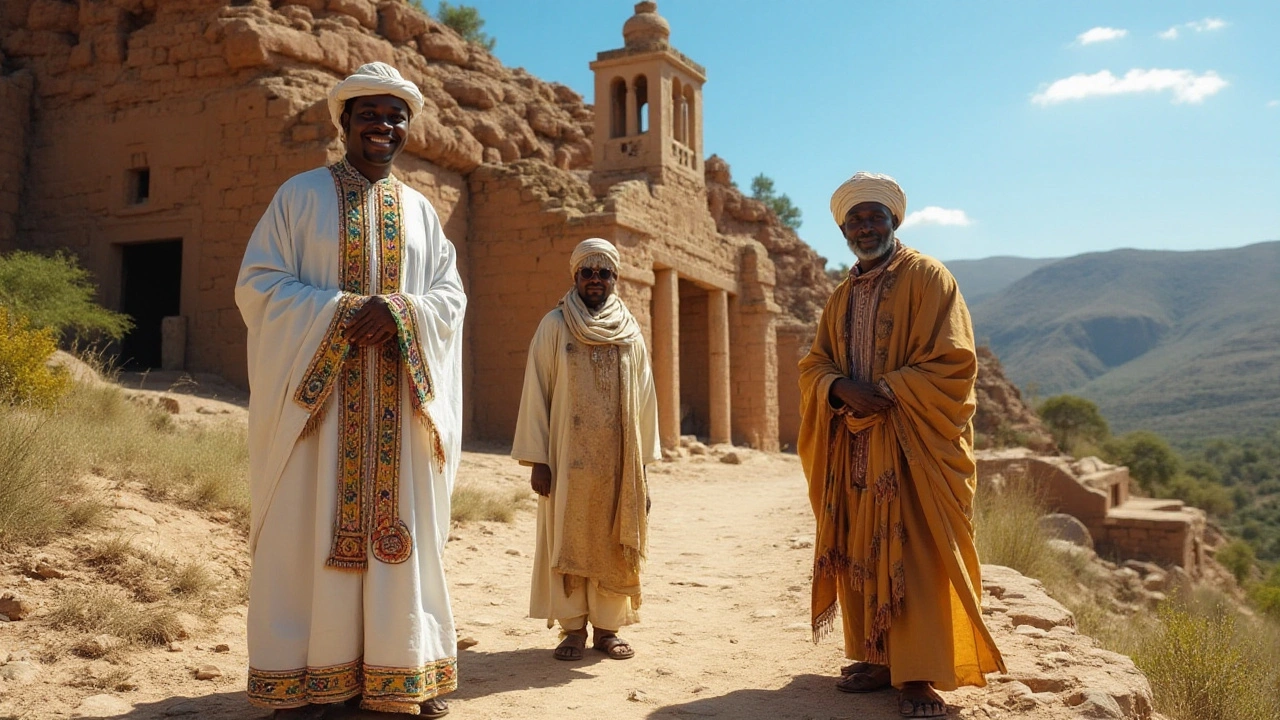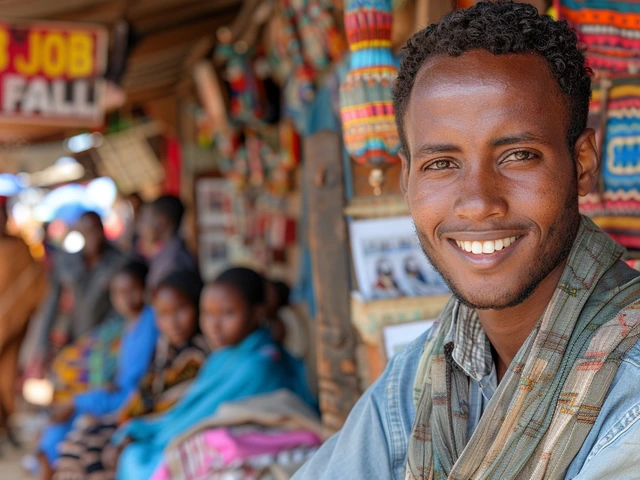Ethiopian Faith Practices: Everyday Life, Work, and Wealth
Ever wondered why faith is deeply woven into how Ethiopians live, work, and even earn a living? Ethiopia isn’t just about breathtaking landscapes or coffee—it’s also home to some of the world’s oldest traditions, many of which guide big life decisions, from business deals to career choices.
Religion is a daily thing here. Whether you’re in Addis Ababa or a remote village, you’ll see people making time for prayer and religious celebrations. Orthodox Christianity, Islam, and Protestant Christianity play the biggest roles, but smaller faith groups add extra color. These beliefs aren’t just personal—they shape work ethics, set social expectations, and even influence business hours or hiring.
Faith truly shows up at the workplace. Many offices and businesses in Ethiopia close or adjust their hours for major fasting periods and religious holidays. Employers and workers adapt to prayer times or fasting days. For job seekers or expats, it’s smart to check local calendars before launching any new project—missing a major fast or celebration could throw off your entire plan.
What about making money? Faith-based networks can really open doors. Lots of people find jobs or business partners through church or mosque communities. Trust, honesty, and reliability linked to religious values make professional connections strong—and sometimes, it’s more about who shares your beliefs than what’s written on your resume.
Money and wealth can be sensitive topics. Traditional teachings often praise generosity and community giving. For example, tithing or zakat (charitable giving in Christianity and Islam) isn’t just symbolic; it’s a real commitment, shaping how people handle money. Big celebrations like Meskel, Eid, or Timket mean more spending—but also more job opportunities for catering, event planning, and hospitality.
Of course, not all traditions are positive for the modern workplace. Harmful practices rooted in old beliefs (like gender roles or certain rites of passage) sometimes clash with efforts for equality and progress. But the conversation is shifting. Young Ethiopians and new entrepreneurs are blending tradition with new ideas, especially in cities. You’ll find startups staying closed for fasting, but also campaigning for inclusion and equal opportunity.
Language and faith mix, too. Knowing phrases and greetings for different faiths shows respect and helps build relationships. Even if you’re not religious, showing awareness of Ethiopian practices will help you fit in and find success, whether you’re job hunting or setting up a business.
If you’re serious about work or investing in Ethiopia, try to understand how faith traditions shape everyday life. They affect salaries, work schedules, networking, and attitudes toward wealth. By showing respect for these customs, you’ll get much further—sometimes even faster—than by relying on skills alone.





